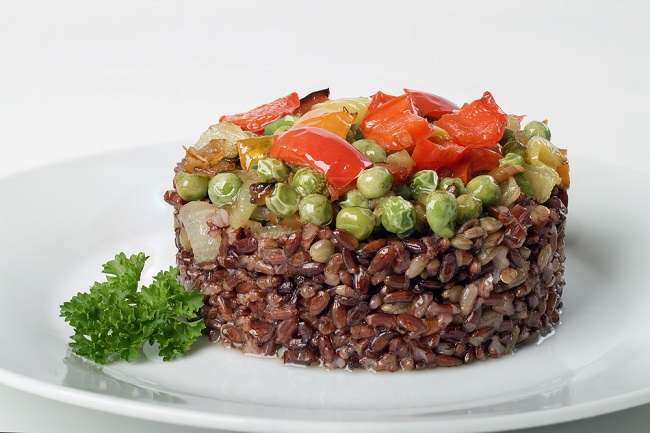Guide to Fasting for Diabetics
Fasting in the month of Ramadan is one of the obligations of Muslims throughout the world. But for diabetics, some preparation is needed before fasting so as not to cause harmful complications health due to a disrupted metabolic process .
In principle, diabetics may just fast, provided their blood sugar levels are well controlled and do not have other serious diseases, such as heart or kidney disease.

For diabetics, regulation of diet, physical activity, and schedule of taking medication is important to note during fasting. This is done to prevent the occurrence of complications in the form of drastic drop in blood sugar levels (hypoglycemia) or even become very high (hyperglycemia).
Symptoms that can be felt due to hypoglycemia and hyperglycemia are headaches, dizziness, weakness, frequent thirst, convulsions, and unconsciousness. Both are dangerous conditions in diabetics and need immediate medical attention.
Tips for Fasting for Diabetics
The following are tips for diabetics to keep fasting safely:
1. Don't skip over meal
Eating dawn that is done in the early hours is often overlooked. For diabetics, eating time should not be missed so that the energy reserves during fasting are sufficient and hypoglycemia does not occur.
2. T etap eat 3 times s days
Breakfast can be replaced by sahur, lunch is replaced with meals when breaking fast, and dinner is done after Tarawih prayer. When eating sahur, it is recommended to approach the time of the Imsak or Fajr time. While when breaking the fast, it is recommended as soon as possible. This is done so that blood sugar levels do not drop too long.
3. Avoid overeating at dawn and ber breaking fast
Adjusting the portion of food is very important to control blood sugar levels and weight. Even though the body is hungry, it is recommended not to overeat when breaking fast. Start with takjil, then consume balanced nutritious food in portions to taste.
4. K consumption of foods that contain lots of fiber
Fiber foods provide a longer feeling of satiety. Fiber foods, such as brown rice, wheat, vegetables, and fruit, are recommended to be consumed more when eating sahur.
5. Avoid fried foods and foods that are too sweet
Eating fried foods causes accumulation of fat in the body, and indirectly increases blood sugar levels. In addition, diabetics are also advised not to eat foods that are too sweet to keep blood sugar levels stable.
6. Drink enough water
Adequacy of fluids is important to prevent dehydration. Consumption of water is recommended, rather than sugary drinks or drinks containing caffeine, such as coffee and tea. Caffeinated drinks cause more frequent urination, leading to dehydration.
7. Check blood sugar regularly
Examination of blood sugar can be done alone at home with a blood sugar meter. Examination of blood sugar can be done 2-4 times a day, namely after dawn, during fasting, and after breaking the fast.
This is important to avoid hypoglycemia or hyperglycemia. If your blood sugar level is less than 70 mg/ dl or more than 300 mg/ dl, it is recommended to cancel fasting.
8. Exercise regularly
Exercising during fasting is good for maintaining fitness, provided it's not excessive. For people with diabetes, excessive physical activity can cause hypoglycemia. Tarawih prayer which is done after breaking the fast can be used as a form of exercise as well as worship.
9. K ounce the drug according to the doctor's instructions
During fasting, diabetics need to continue taking the medication given by the doctor. If necessary, the doctor will rearrange the medication consumption schedule to fit the meal schedule during the fasting month.
The body condition of each person is different, so it is highly recommended to consult with a doctor before undergoing fasting. Examination should be carried out at least 2 months before the fasting month arrives.
The doctor will do a physical examination, evaluate your blood sugar, and determine whether your body's condition is safe for fasting. If blood sugar levels are well controlled, fasting can certainly be done without problems.
If when fasting, you feel dizzy, headache, weakness, heart palpitations, cold sweat, trembling body, and like going to faint, stop fasting and check with the nearest doctor.
Author:
dr. Asri Meiy Andini
Label : Healthy living
Comments
Post a Comment